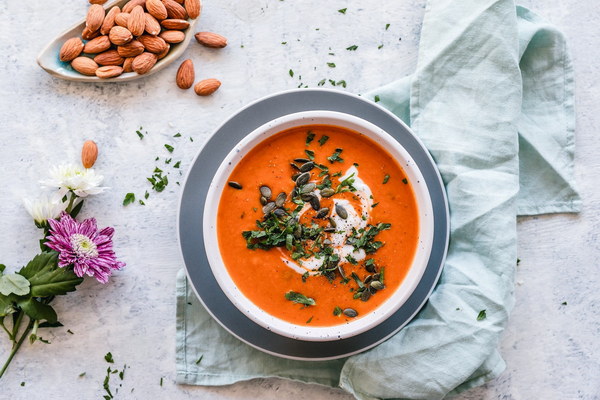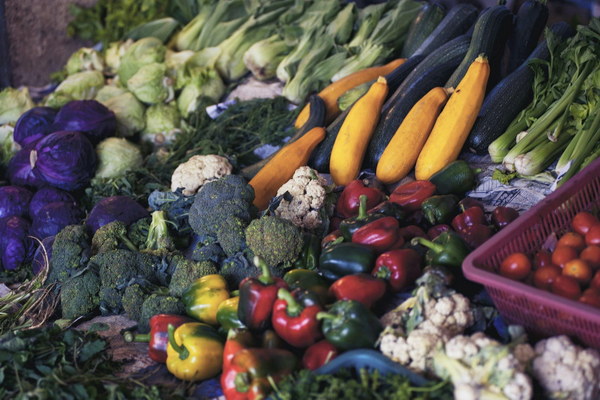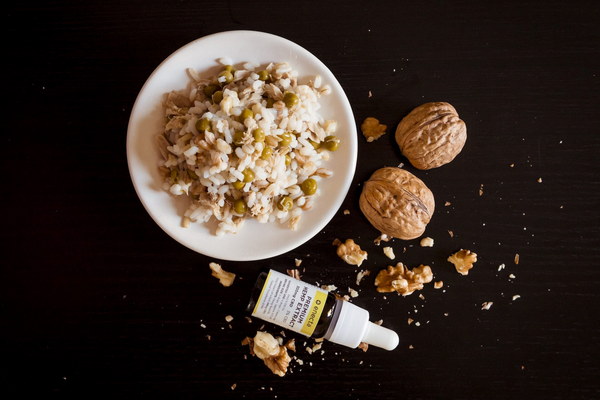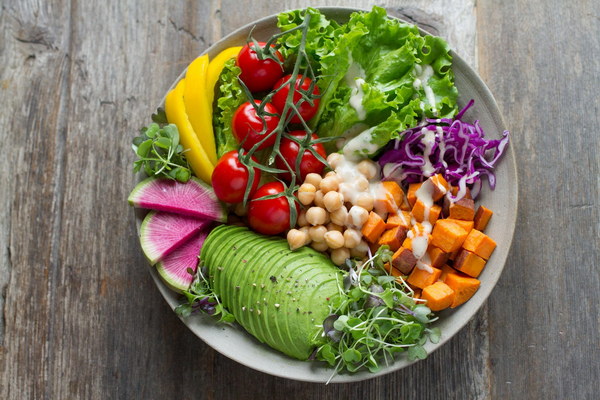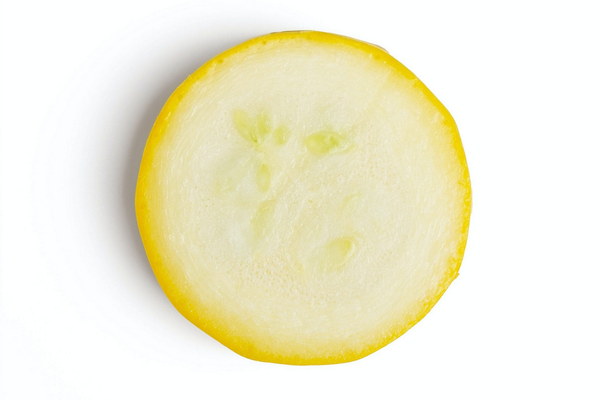Can People with Spleen and Stomach Cold Take LiverNourishing Tea
Introduction:
Spleen and stomach cold is a common traditional Chinese medicine (TCM) term used to describe a condition where the spleen and stomach are weak and susceptible to coldness. It is characterized by symptoms such as fatigue, bloating, loose stools, and a feeling of coldness in the abdomen. Many people wonder whether they can consume liver-nourishing tea when suffering from spleen and stomach cold. In this article, we will discuss the relationship between spleen and stomach cold and liver-nourishing tea, and provide some suggestions for those with this condition.
1. Understanding Spleen and Stomach Cold:

Spleen and stomach cold is a condition where the body's internal environment is out of balance, leading to a cold and deficient state in the spleen and stomach. In TCM, the spleen is responsible for transforming food into energy and transporting it throughout the body, while the stomach is responsible for digesting food. When the spleen and stomach are cold and weak, the body's ability to process nutrients is impaired, leading to various symptoms.
2. The Role of Liver in Spleen and Stomach Cold:
The liver plays a vital role in the regulation of the body's internal environment. In TCM, the liver is responsible for storing blood, maintaining emotional balance, and regulating the flow of Qi (vital energy). When the liver is in a state of imbalance, it can affect the spleen and stomach, exacerbating the symptoms of spleen and stomach cold.
3. Liver-Nourishing Tea for Spleen and Stomach Cold:
Liver-nourishing tea is commonly used in TCM to support liver function and improve overall health. However, whether it is suitable for people with spleen and stomach cold depends on the specific composition of the tea and the individual's condition. Here are some points to consider:
a. Ingredients: Some liver-nourishing teas contain herbs that are cooling and may exacerbate the symptoms of spleen and stomach cold. It is essential to check the ingredients and avoid consuming such teas.
b. Personal Condition: If a person with spleen and stomach cold has symptoms such as bloating, loose stools, and a feeling of coldness, it is best to avoid liver-nourishing tea until the condition improves. Once the symptoms are under control, they can try consuming the tea under the guidance of a TCM practitioner.
c. TCM Practitioner: It is advisable to consult a TCM practitioner before consuming any herbal tea, especially for those with specific conditions like spleen and stomach cold. The practitioner can recommend a suitable tea or adjust the formula to address the individual's needs.
4. Alternative Remedies for Spleen and Stomach Cold:
While liver-nourishing tea may not be suitable for everyone with spleen and stomach cold, there are other TCM remedies that can help alleviate the symptoms. Some of these include:
a. Diet: Eating warm, nourishing foods such as ginger, cinnamon, and turmeric can help improve the condition.
b. Acupuncture: Acupuncture can help regulate the body's internal environment, improving the function of the spleen and stomach.
c. Chinese Herbs: Certain Chinese herbs, such as Astragalus and Codonopsis, can support the spleen and stomach, helping to alleviate the symptoms of coldness.
Conclusion:
While liver-nourishing tea can be beneficial for many people, it may not be suitable for those with spleen and stomach cold. It is crucial to consult a TCM practitioner before consuming any herbal tea or other remedies. By addressing the root cause of the condition and adopting a holistic approach, individuals with spleen and stomach cold can achieve better health and well-being.

